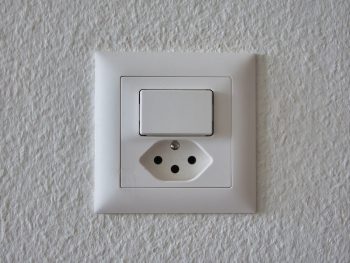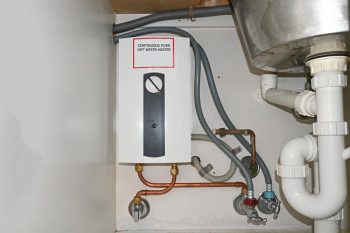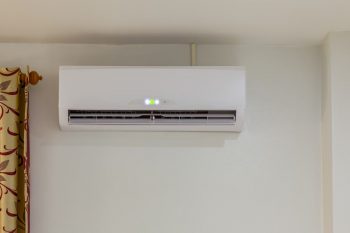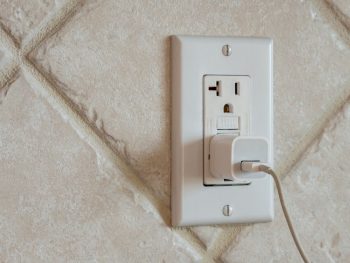
Is your dishwasher making high pitched noise, and it is so disgusting to stand it any further? Worry not because this article explores the top cause of the noise and how to solve them.
There are two categories of this noise: electrical and mechanical. The electrical causes of high-pitched noise are faulty motors or faulty heating elements.
The mechanical causes of high-pitched noise are caused by worn-out parts such as pulleys, fans, and belts.
Several reasons can make your dishwasher make a high-pitched noise. However, the top cause of this noise are:
- Loose drain pump,
- Damaged impeller,
- Dished not stacked correctly,
- Defective circulation pump,
- Worn inlet valve,
- Clogged chopping blades.
Your dishwasher can make other noises that may suggest the exact issues. Such noises include grinding, thumping, buzzing, and squealing.
There are several causes of dishwashers making high-pitched noise, but the top causes are explained in this article.
6 Reasons Your Dishwasher Makes a High-Pitched Noise
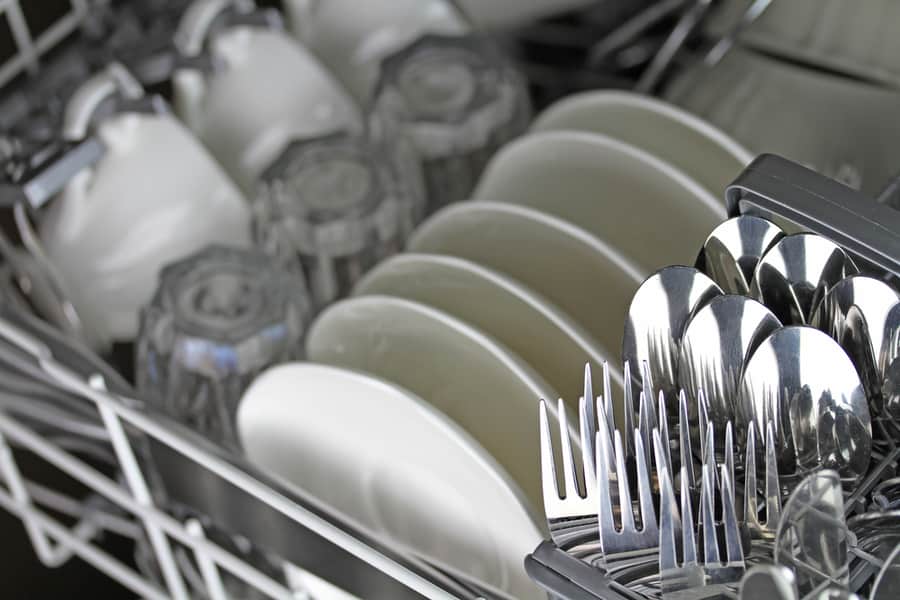
The dishwasher can also make high-pitched noise due to a weak water pump which should be replaced because of wear and tear.
The water circulation system can cause residue build-up or high-pitched noise.
The wearing out of the pump bearing is the major cause of the high-pitched noise. Therefore, it would be best if you replaced the pump bearing to resolve the problem.
You can do a few things when your dishwasher makes a high-pitched noise. First, however, you can take it to the manufacturer for a repair if it is still under warranty.
If the dishwasher is too old, you can replace the pump to fix the problem.
The following are the six causes of your dishwasher making high-pitched noise:
1. Worn Inlet Valve
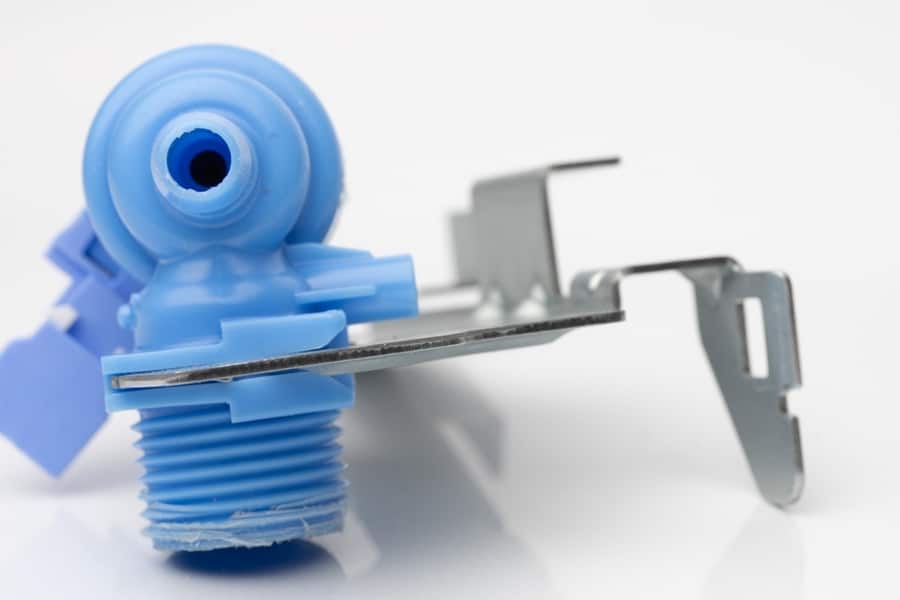
As you operate the dishwater, the inlet valve opens and closes. When it opens, the water enters the dishwasher from your supply.
Over time the diaphragm can deteriorate, making your dishwasher produce high-pitched noise.
Also, if the valve fails, it causes a buzzing or knocking noise.
The water inlet valve can make a sound when the dishwasher is in use; you can diagnose a faulty valve when the appliance fills at the start of the wash cycle.
If you notice the dishwater does not get enough water, that signals the water inlet valve is faulty.
You must remove the kickplate from the dishwasher to access the water inlet valve. Ensure the water and power to the appliance are off before removing the kickplate.
Also, disconnect the water inlet valve hoses and wiring harness to remove and replace this part.
2. Damaged Impeller
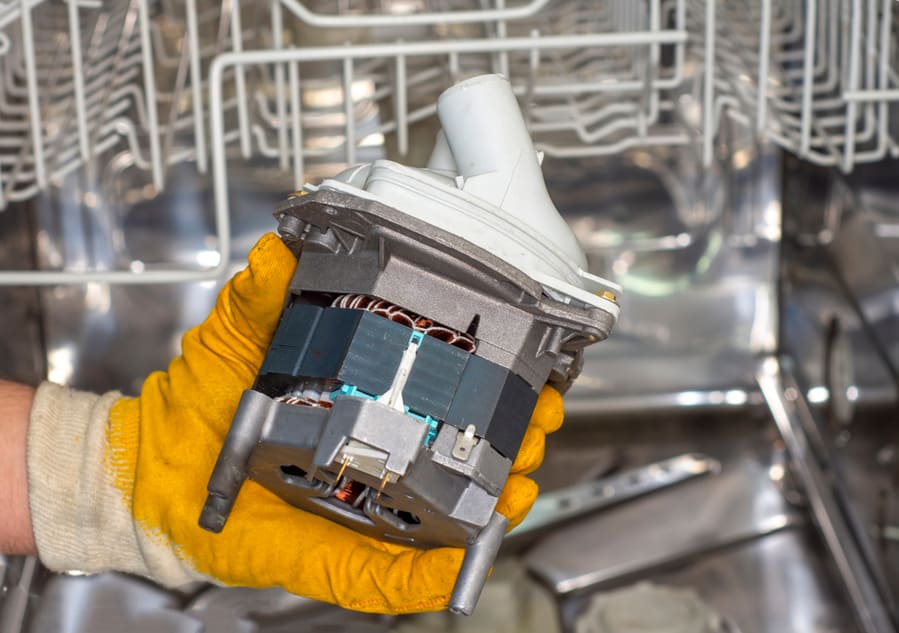
If anything gets stuck in the pump impeller, it can get broken or clogged, causing a high-pitched sound.
If your impeller gets damaged, you must replace it for the dishwasher to work properly. Depending on its type, you can easily replace this part within a few minutes.
3. Malfunctioning Circulation Pump
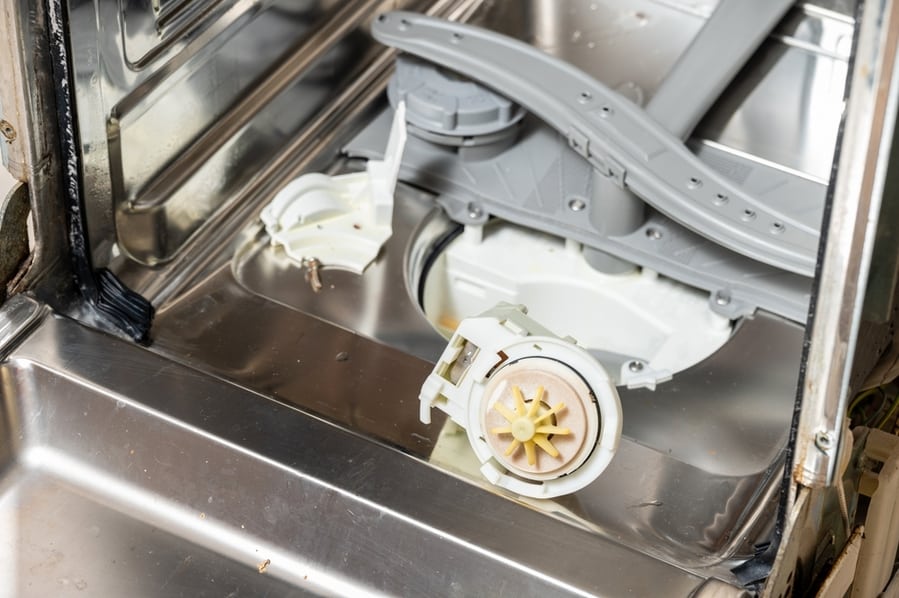
If the bearing of the circulation pump wears out, the spray arms do not receive adequate water pressure to wash the dishes. Worn-out bearings also cause high-pitched or droning noise.
If the bearings have worn out, you must replace the circulation pump to solve the problem. Turn the water and power to the dishwasher off before accessing the pump.
Depending on your appliance type, you access the pump from the back of the dishwasher. First, disconnect the pump and wiring harness and unthread its mounting screws to remove them from the dishwasher.
4. Dishes Not Stacked Correctly
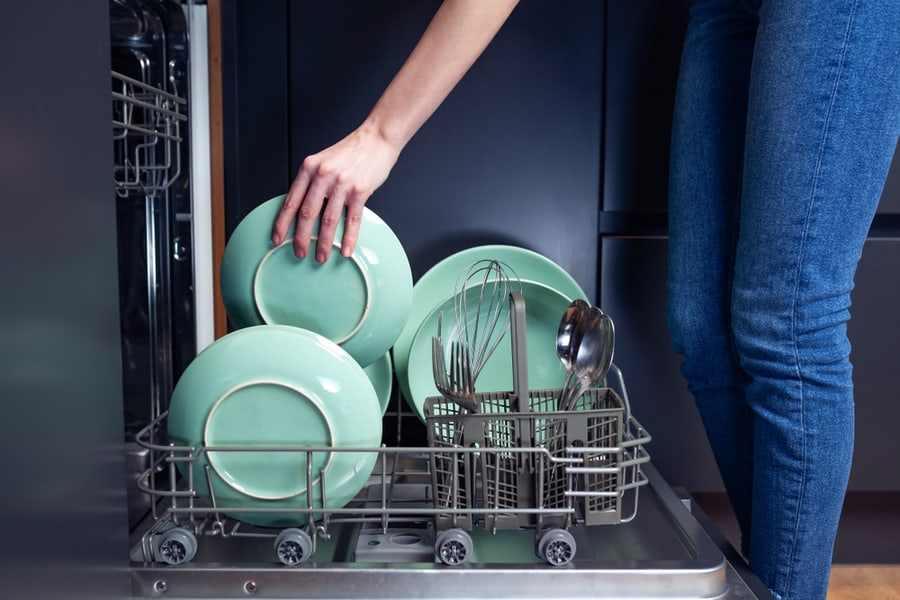
If you hear a high-pitched noise while operating your dishwasher, its spray arm may bump against the improperly stacked dishes.
Ensure the dishes are properly placed in the dishwasher to avoid the spray arms do not hit them while spinning.
5. Loose Drain Hose
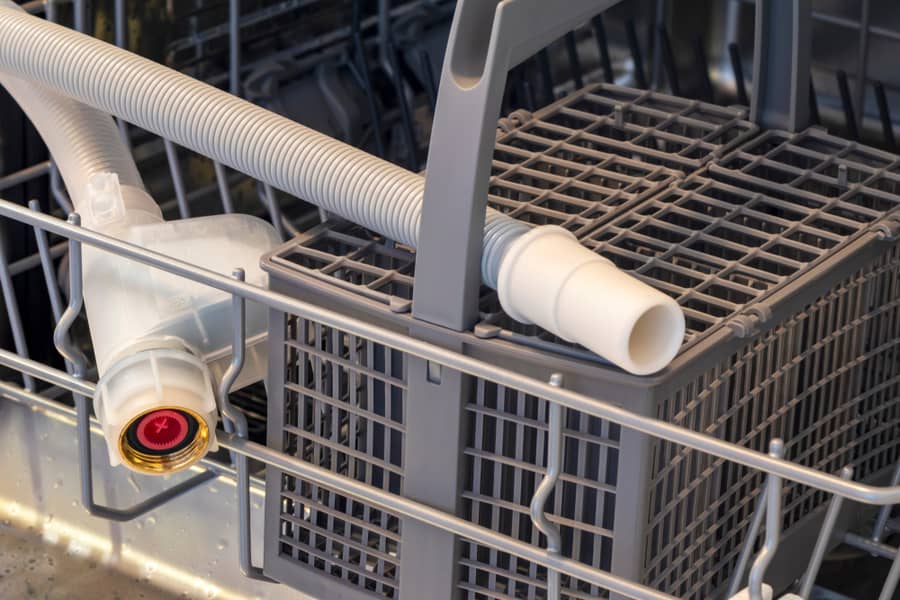
If you hear high-pitched noise when the dishwasher drains, the drain hose thumps against the cabinet while water drains from the appliance.
Access the drain hose to fix the problem and prevent it from moving excessively as the dishwasher drains the water.
6. Clogged Chopper Blade
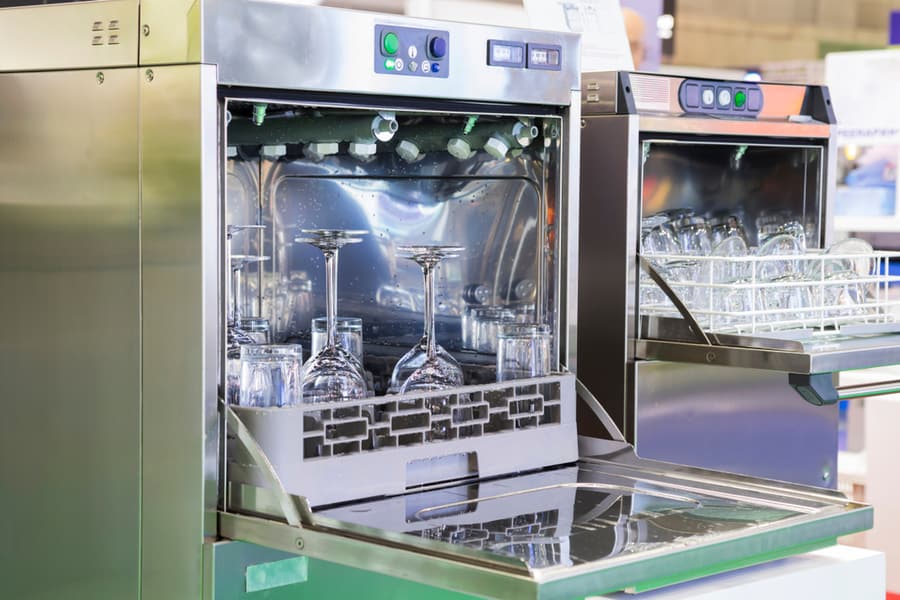
The chopper blade slices food debris to exit the drain pipe without blockages. If the debris gets stuck, the chopping blade can break, causing the dishwasher to make a high-pitched sound when operating.
The chopping blade is underneath the device basin near the drain filter and pump. The dishwasher type determines how to access the chopping blade.
However, you must remove the dishwasher screen, bottom spray arm, and dish rack. Then, power the appliance off the water before accessing the chopping blade.
Once you remove the chopping blades, remove any obstruction or replace it if it is beyond repair.
Other Noises Dishwasher Makes
Your dishwasher can make a sloshing or hissing noise as water pumps through the jets and inlets. However, it would be best not to worry when your motor produces a gentle humming noise.
However, unusual or new noises such as grinding or thumping indicate a problem and should be investigated. The noises that your dishwasher makes can help you figure out the problem.
The types of sounds are:
1. Squealing
A drowning noise indicates a worn-out bearing inside the drain or wash pump. The bearings allow the pump’s rotor to turn properly.
If these bearings get damaged or rusty, the rotor cannot rotate properly, causing a loud noise.
2. Buzzing
It is normal for your dishwasher to make a low buzzing noise as it passes through the drain pump. However, loud or new buzzing noise can signal drain or wash pump issues.
A faulty or broken wash pump reduces water flow through your appliance, and the dishes are not cleaned properly.
Whenever the drain pump has a problem, the water cannot drain, causing a pool of water at the bottom of the washing machine.
3. Thumping
A thumping noise from a dishwasher can be disgusting though it is not an alarming signal. As the water flows through the drain hose, it can vibrate, knocking against the surfaces and producing a thumping sound.
4. Grinding
When your dishwasher makes a grinding noise, it suggests something has stuck in the chopping blade.
Chopping blades cut big debris into smaller particles to prevent them from clogging the pipes. Therefore, this debris should be soft for the chopping blades to cut into smaller particles.
Harder items get stuck in the chopping blades, causing a grinding sound, but a defective pump can produce this noise. The grinding noise gets louder the longer you take to remove the stuck items.
Conclusion
A dishwasher can make high-pitched noise which can be very annoying. However, knowing the exact causes and what to do can be very relieving.
There are several causes for your dishwasher making a high-pitched sound. The top six causes are clogged chopping blades, damaged impeller, worn out inlet valve, loose drain pump, poorly stacked dishes, and defective circulation pump.
Your dishwasher can make other sounds that require you to diagnose and understand the issue they suggest. Other sounds include squealing, buzzing, thumping, and grinding.

